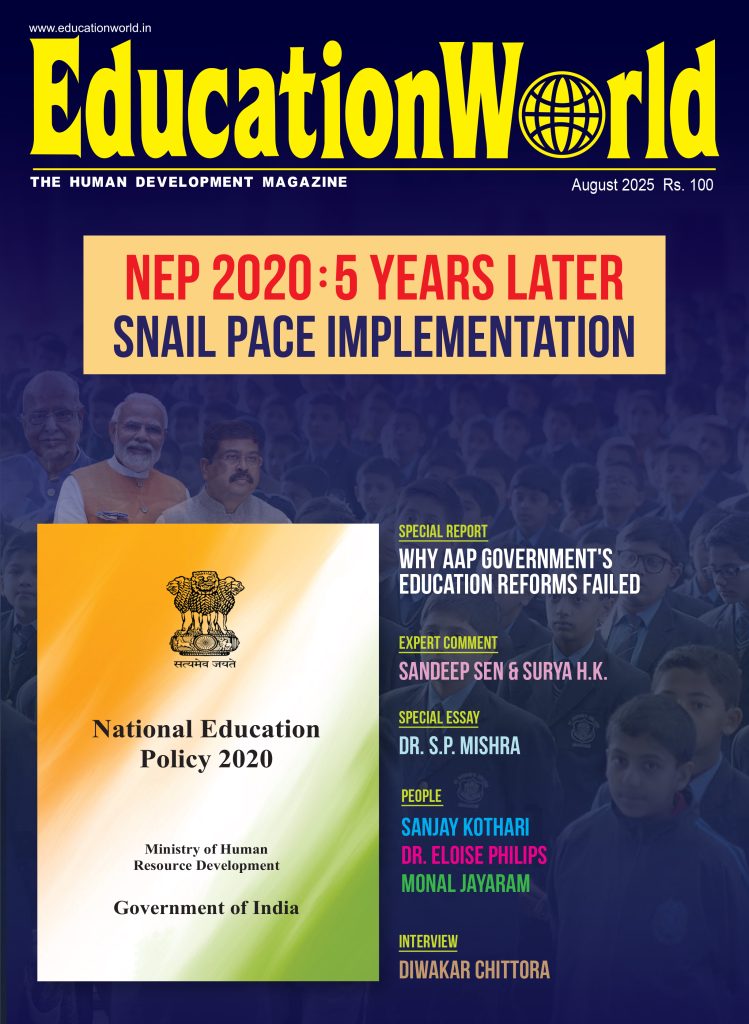CANADA: Playing the good host drive
In addition to producing revenue for universities and economic benefits for host nations, the growing cohort of international students is widely thought to be playing a key role in globalisation as they interact with home students on campus. But statistics shared at the recent annual conference of Nafsa, the Association of International Educators, suggest that this is happening far less than assumed.
Fifty-six percent of international students in Canada said they have no Canadian friends, according to Janine Knight-Grofe, research and scholarships manager for the Canadian Bureau for International Education. Statistics from elsewhere show 40 percent of international students in the US and 80 percent in Australia wished they had more local friends, she added. œWe are missing out on one of the strategic advantages of international education, one that we as international educators frequently tout, Knight-Grofe told the conference, held in Boston (May 24-29).
Conventional wisdom is that the presence of overseas students fosters œa mix of cultures and ideas and domestic students will as a result be more globalised. Instead, one-third of international students in Canada said it was hard to meet Canadian students, and half found it hard to meet Canadians off-campus. Students from the Middle East and North Africa seemed particularly isolated; only 28 percent had any Canadian friends. Moreover, focus groups revealed that international students in general prefer the company of other international students, adds Knight-Grofe.
In Montreal, several universities have banded together with government agencies and businesses to create Accueil Plus, a programme that offers international students personal interaction from the moment they arrive at the airport, streamlining their processing through immigration, sending local students to meet them, giving them a citywide museum pass and hosting a reception for them.
œWe try not to keep international students in our individual institutions. There are so many of them in the core of Montreal, says Pauline L™Ecuyer, director of international student services at McGill University. These initiatives are not merely altruistic. More than half of international students who come to Montreal remain there to work, at a time when the country is facing shortages in some skills.
Moreover, across Canada as a whole, international students spend C$8.4 billion (Rs.43,594 crore) per year, according to Virginia Macchiavello, executive director of international education at the Centennial College of Applied Arts and Technology, a higher education institution in Toronto. Nearly 6,000 of Centennial™s 19,000 students come from abroad, says Macchiavello, so a forthright approach to keeping them happy from the outset is essential.
Initiatives begin before Centennial™s international students arrive. Home students are hired as ambassadors whose duties include contacting overseas peers on social media, and staff advisers call international students weekly for the first six weeks to see how they are settling in. œIf you can integrate students in the first semester, you will not hear from them for the rest of their time, says Macchiavello. œIf you don™t, they will whine and complain and be in your office, and the success rate goes down.
(Excerpted and adapted from )
















Add comment